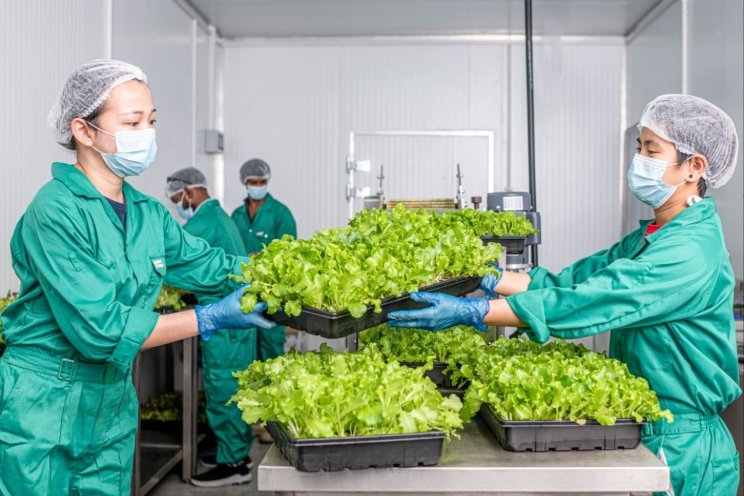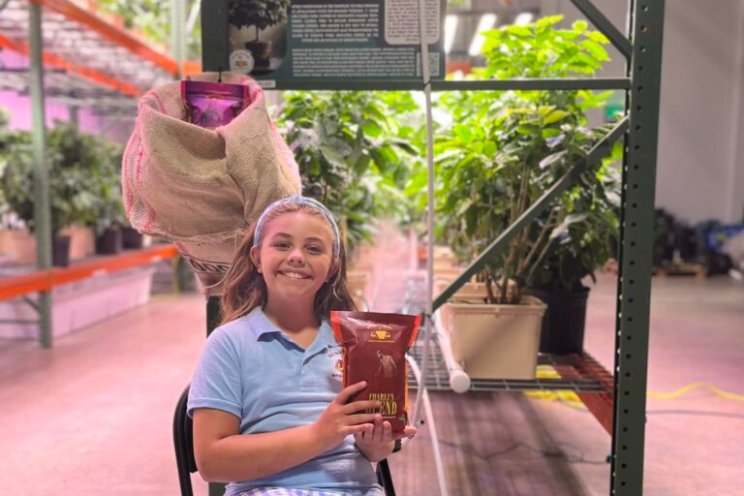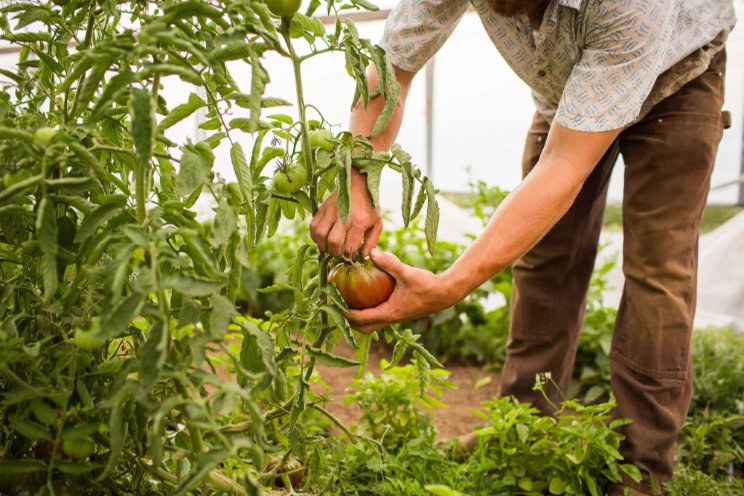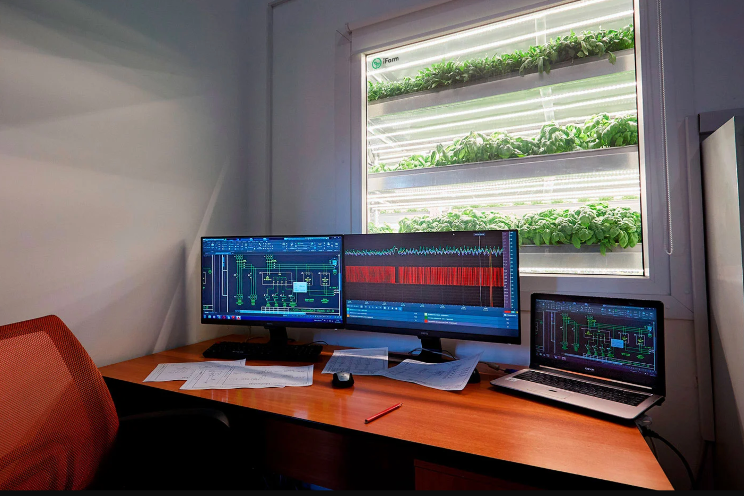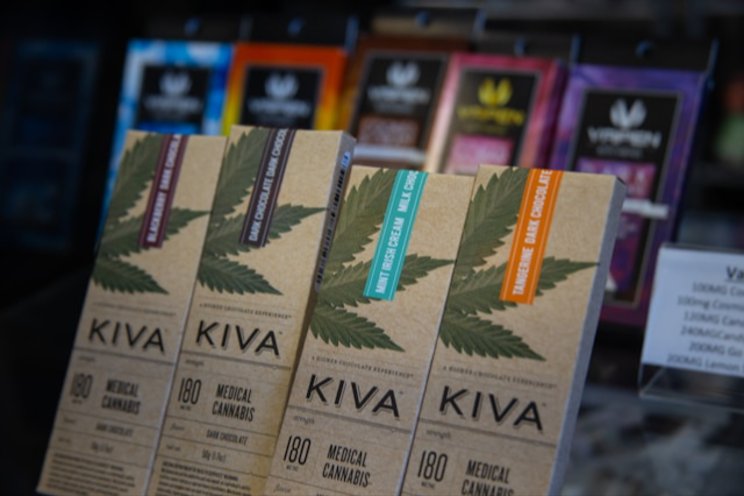The 3rd int'l autonomous greenhouse challenge
Added on 22 October 2021
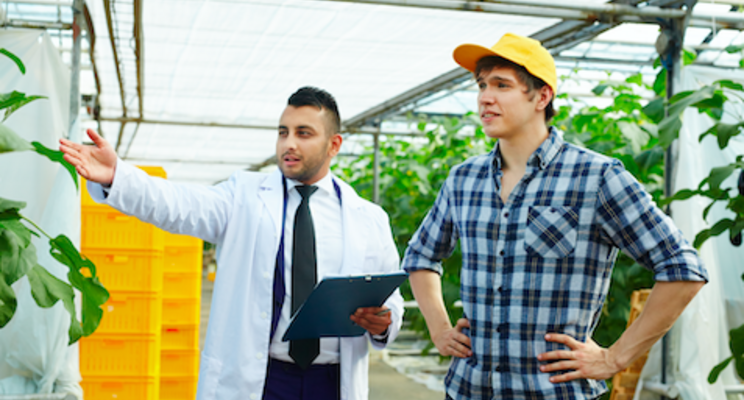
A first and second edition of the Autonomous Greenhouse Challenge have been carried out at Wageningen University & Research, The Netherlands, in 2018-2020. During these editions we have shown that artificial intelligence can potentially be superior to human intelligence, hence can potentially control indoor farming in the future. The goal of the third challenge will be fully autonomous control.
Hackathon - virtual lettuce production in virtual greenhouses
Comparable to the first and second edition a selection process (24-hours Hackathon) will be organized. The aim of the 24-hours Hackathon event is to select up to 5 teams for the real Greenhouse Growing Experiment February-June 2022. Other aims are, to connect participants form AI and horticulture and different cultural backgrounds, to exchange knowledge and stimulate interaction. AI skills will be tested by producing a greenhouse lettuce crop virtually.
During the Hackathon teams will grow a virtual lettuce crop in a virtual greenhouse using an advanced digital simulation environment provided by WUR. They be scored based on pre-defined criteria (e.g. goal could be maximum net profit). Next to that, teams will have to present themselves and pitch their AI approach in front of an international jury. The jury will consist of international experts well-known in horticulture and AI. Teams will have to develop their own AI to fulfil the goal of the Hackathon and for evaluation by the jury. The 5 teams with the highest scores will win access to the Greenhouse Growing Experiment.
Greenhouse Growing experiment - fully autonomous lettuce production
From February to June 2022, five international teams will receive a greenhouse compartment from Wageningen University & Research at the Bleiswijk research location. Teams must grow a fully autonomous lettuce crop reaching high yield and quality and with sustainable use of resources such as energy and water. They must do that during two crop cycles using their own artificial intelligence algorithms. The announcement of the finally winning team will take place in summer 2022.
Participating teams
17 teams from all over the world have registered, but the experiments in the greenhouses are only open for the 5 best teams. To select the top five teams, a pre-selection takes place on 4 & 5 November during in a Hackathon format.
The event involves a total of 140 participants from 18 nationalities, from horticultural industry, start-up companies or larger companies and a large number of BSc, MSc and PhD students and researchers from different universities. In general, the teams have expertise in horticulture and artificial intelligence. The participating teams are from the United States as well as Europe and Asia.
We have teams from Russia, from China (different universities such as Harbin Institute of Technology, Zhejiang University, China Agricultural University, Tongji University etc.), from South Korea (Universal Robots, Croft, Motion2AI, universities such as Gyenggi, Kangwon, Pusan University), but also many participants from the U.S. during this year's edition (well-known universities such as MIT, Stanford, Cornell, UC Davis). European teams are mainly from The Netherlands (Delft University, Eindhoven University, VU Amsterdam, Maastricht University, some Wageningen University students, One Planet Research Centre etc., but also well-known companies like Heineken, Ridder etc.), from Belgium (Ghent University, BASF etc.) and Germany (TU Munich).
The U.S. based team 'Koala' already won a wildcard for a greenhouse compartment during the Online Challenge in summer. Captain of team 'Koala' is Kenneth Tran, who also led the winning team 'Sonoma' in the first edition of the Autonomous Greenhouse Challenge in 2018. Team members are from Cornell University and Koidra Inc.
Read more on Wageningen University & Research.
Photo created by pressfoto - www.freepik.com
Source: Wageningen University & Research
More news

